Traveling to Ghana is an adventure you won’t forget anytime soon. The culture, nature, people, and history of this West African country make it a unique destination. Ghana is vibrant, diverse, and sometimes a bit chaotic — but so worth the trip!
However, to make the most of your trip to Ghana, it’s important to prepare well in advance. This step-by-step guide is based on years of experience welcoming travelers at BWO Hostel — helping guests navigate everything from airport arrivals to adjusting to “Ghana time.” Here’s everything you need to know to plan your trip to Ghana in 2025 with confidence.
Step 1: Decide When to Visit Ghana
Weather and Climate
Any time is good to visit Ghana, don’t let anyone tell you other wise. But when you have the chance to set your own travel dates you can take the following into account to choose your best travel season for Ghana.
Ghana has a tropical climate, with two seasons: the rainy season and the dry season. Both have their pros and cons:
- The Rainy Season (May to October):
During this season, heavy rainfall is common, especially in the southern part of Ghana. This can be a downside for some travelers, but it also brings lush landscapes and cooler temperatures.
The rainy season is also the best time for exploring Ghana’s nature and jungles. - The Dry Season (November to April):
This season is known for sunny weather and lower humidity. It’s a great time to visit national parks and explore the cities.
The downside of the dry season is that the landscape can sometimes look dusty and less green, but it offers comfortable travel conditions.
Events and festivals in Ghana
It seems most festivals are taking place from September till November. Allthough every other month in the year also has festivals. Akwasidea in Kumasi takes place every 6 weeks. And in the beginning of the year several yam festivals take place. Bradt guides has written a blog on festivals worth visiting, click here to read it.
December also offers lot’s of events in and around Accra, especially for the diaspora.
Besides the weather and events it’s also important to know that Ghana is not very touristic, which means that you could very well be the only person visiting attractions and accommodations. If you would like to meet more fellow travellers you might want to visit Ghana when it’s a bit busier. Normally it’s more busy during dry season, especially during the Christmas break. It’s also busy the month around Easter as well in July and August during summer vacation.
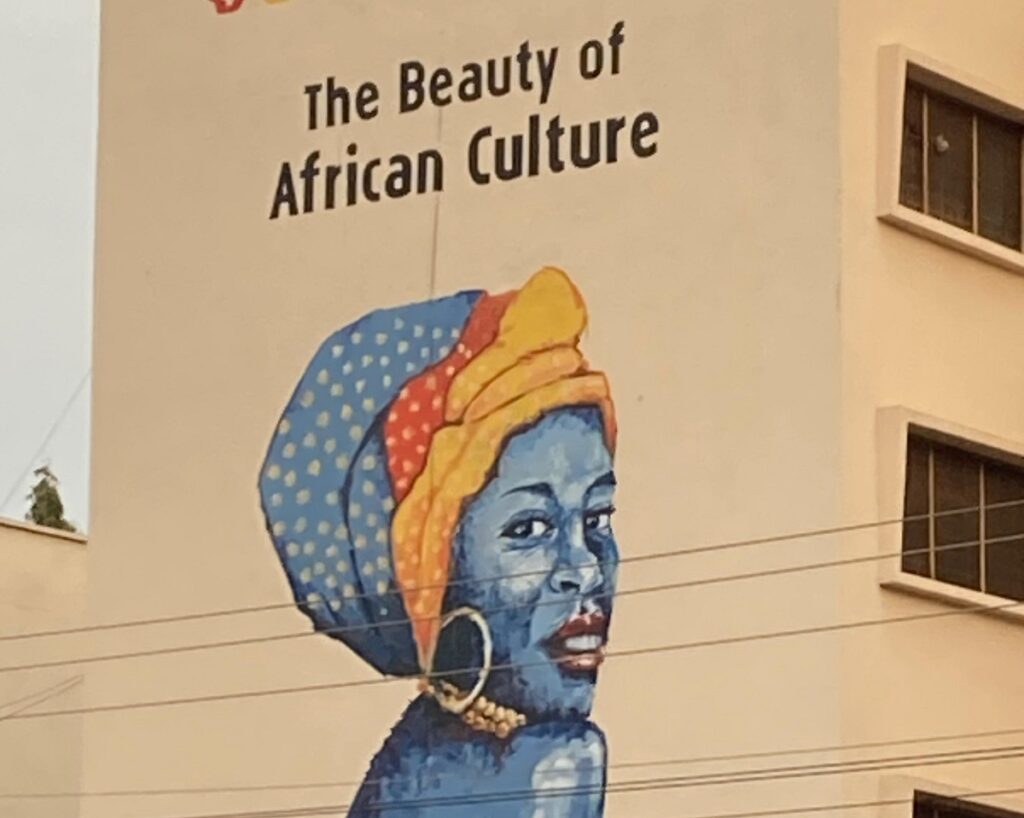
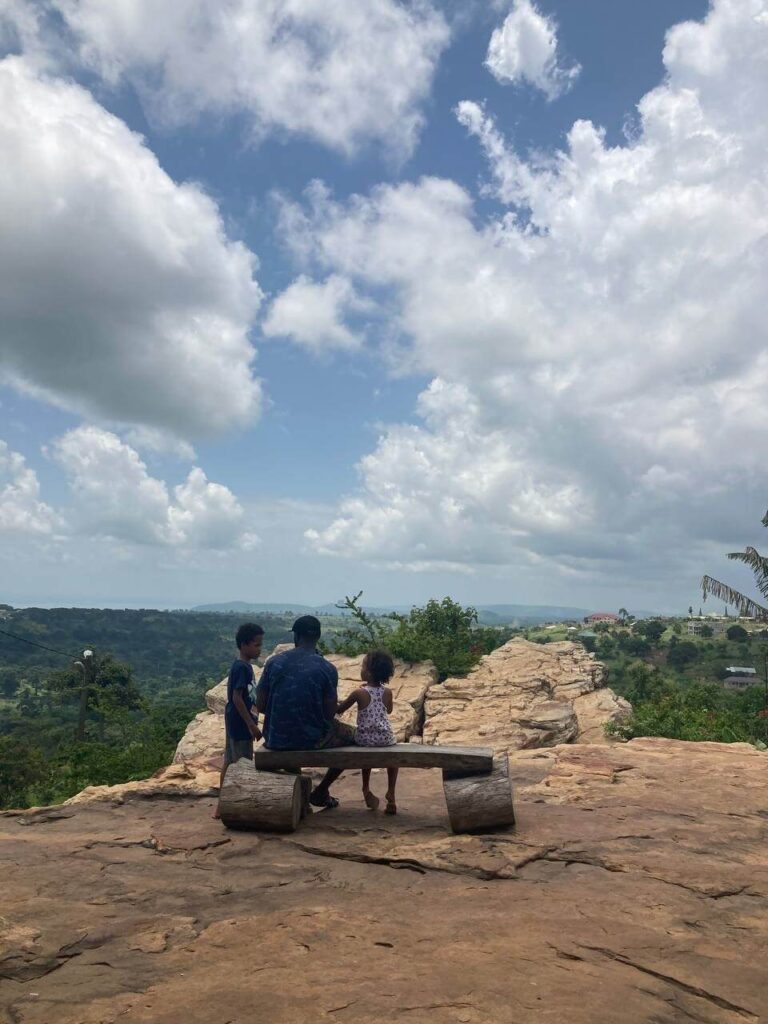
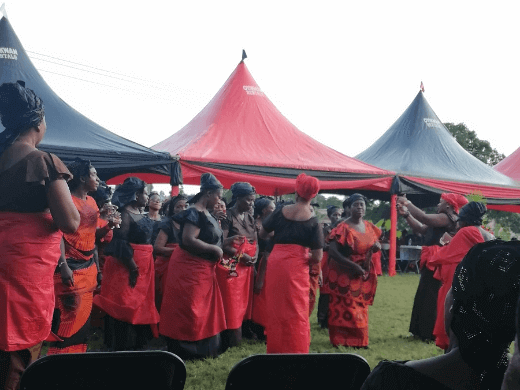
Step 2: Sort Out Your Visa
When traveling to Ghana, tourists require a visa. This can easily be applied for online or through the Ghanaian embassy in your country. The process is quite straightforward, but there are a few things to keep in mind:
- Applying for a Visa:
A tourist visa is typically required, though there are also visas for business trips or other purposes.
Documents you’ll need include a valid passport, a visa application form, and possibly proof of accommodation and return flight.
Visas are usually issued for 30 days, with the option for extension. - Costs and Processing Time:
Visa costs range from approximately $50 to $100, depending on your nationality and the type of visa.
Be sure to apply well in advance of your departure, as processing can take several weeks.
To apply for a visa, you’ll typically need:
- A valid passport (with at least 6 months before expiry)
- A yellow fever vaccination certificate (required upon arrival)
- A flight reservation (not necessarily a paid ticket yet)
- A hotel booking or address of your stay in Ghana
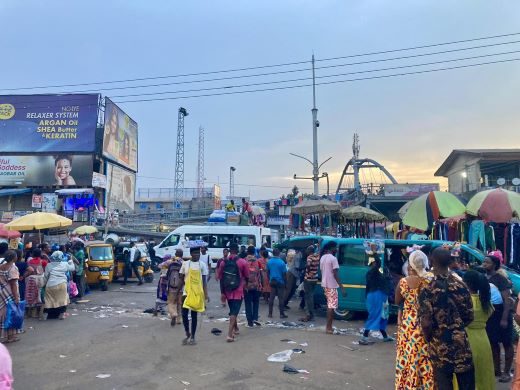
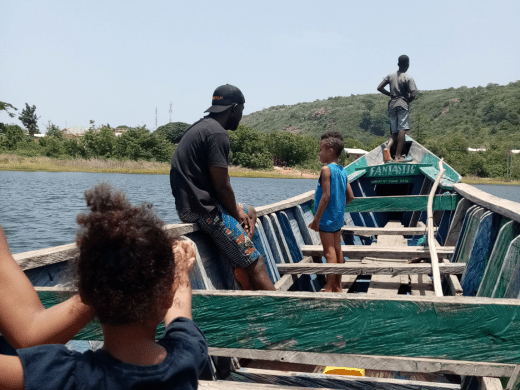
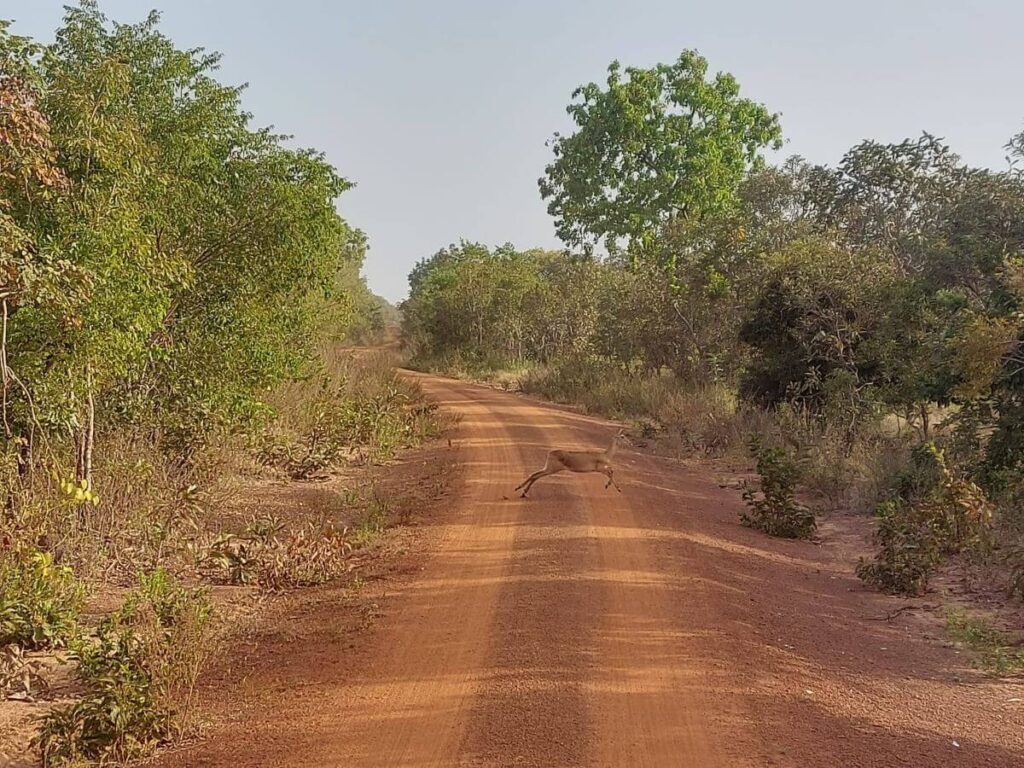
Step 3: Book Your Flights and Accommodation
Flights and Arrival in Ghana
Ghana is well connected by airlines offering direct flights to and from the capital, Accra. The main airport is Kotoka International Airport in Accra, which is the busiest airport for both international and regional flights.
- Flights to Ghana:
Book your ticket well in advance for the best price.
Look for airlines such as KLM, Turkish Airlines, and Brussels Airlines for direct or convenient connections.
Expect a long flight duration (6-9 hours, depending on the route). - Arrival at the Airport:
Upon arrival, you’ll go through customs and security procedures. Be sure to have all required documents ready, such as your passport, visa, and yellow fever vaccination certificate.
International flights typically arrive in the evening. We partner with Jennifer, who offers airport services and has an AirBnB. Click here for more information and to book. Or read the blog post that Jennifer wrote for BWO:
Try to book your first few nights of accommodation before arrival. If you’re heading to the Ashanti region, BWO Hostel is a peaceful, social place to begin your journey. When travelling make sure to book popular accommodations in advance, you don’t want to miss out!
Step 4: Take Care of Health & Safety
One important part of your preparation is getting the proper vaccinations. Ghana requires several vaccinations for travelers, and it’s wise to take extra precautions. Here’s an overview of recommended vaccinations and health advice:
- Yellow Fever Vaccination:
This vaccination is mandatory for entry into Ghana. You’ll need a yellow vaccination booklet confirming your vaccination to obtain a visa. - DTP (Diphtheria, Tetanus, Polio):
The GGD (Dutch public health service) recommends getting the DTP vaccine, especially if you’re prone to injuries during your stay in Ghana. - Hepatitis A and B:
Hepatitis A is primarily spread through contaminated food and drink, while Hepatitis B is present in Ghana and can be transmitted via blood and sexual contact. - Malaria:
Ghana lies in a malaria zone, and malaria prevention is generally recommended. Keep in mind the side effects of malaria tablets and consult your doctor to see if they are necessary for you. - Other Vaccinations:
There are also vaccinations for tuberculosis (TB), meningitis, and rabies that you might need to consider, depending on the duration of your stay and the areas you plan to visit.
Safety in Ghana
Ghana is generally a safe country to travel in. However, it’s still wise to stay alert:
- Trust your instincts and be cautious about sharing personal information.
- Avoid walking alone late at night in unfamiliar or quiet areas.
- Keep your valuables secure, especially in busy places like markets and transport stations.
Step 5: Pack Smart (But Don’t Overpack)
You don’t need to bring a lot to Ghana, but there are a few essentials that will make your trip more comfortable — like breathable clothing, mosquito repellent, and a torch for when the power goes out.
👉 For a detailed checklist and lots of helpful tips, check out our full post:
Step 6: Stay Connected
Staying in touch is easy in Ghana if you get a local SIM card. MTN and Vodafone are the most reliable networks, and data packages are affordable.
Most communication happens via WhatsApp, including booking transport, ordering food, and chatting with new friends. Free Wi-Fi is available in some places, but mobile data is usually more reliable.
- Wi-Fi in Hotels and Guesthouses:
Most hotels, guesthouses, and restaurants in Ghana offer Wi-Fi, especially in larger cities like Accra, Kumasi, and Takoradi. However, keep in mind that the quality and speed of the internet may vary depending on the location and type of accommodation. In rural areas, Wi-Fi can be less reliable. It’s a good idea to check in advance if your accommodation provides the services you need. - Local SIM Cards:
A local SIM card is a convenient and often cheaper way to access the internet in Ghana. The main mobile providers are MTN, Telecel (Vodafone), and AirtelTigo, with networks that typically offer 3G and 4G services in urban areas. MTN has the largest coverage, so it’s recommended to get an MTN SIM card, especially if you’ll be traveling to more remote areas. Get your local Sim card at the airport after arrival!
It can be tricky to purchase an MTN SIM card as a non-Ghanaian. When Jennifer picks you up, she will be happy to assist you with this. - Data Plans:
With a local SIM card, you can easily buy data plans for mobile internet. This is an affordable way to stay connected, and you can choose different bundles based on your usage. For a larger bundle, you can share your phone’s hotspot feature with others. - Internet in Rural Areas:
In remote areas, internet access can be more limited. Be prepared for moments when the connection is unreliable and consider offline alternatives like offline maps or apps for communication and navigation.
Step 7: Learn the Basics of Getting Around
Getting around Ghana can be part of the adventure! From tro-tros to taxis and long-distance buses, there are plenty of options — though they might not always run on schedule.
- Trotros and Shared Taxis:
Trotros (shared minibuses) are the most popular form of local transportation. They are cheap but not always the fastest or most comfortable option.
Shared taxis can also be a convenient way to travel between cities. - Private Transport and Car Rentals:
If you want more comfort and flexibility, you can rent a private car or hire a driver for your trip. This can also be helpful if you’re traveling outside the larger cities.
Banko Women Organization has a car with a driver/guide available for tours for up to 3 adults. Feel free to send an email for more information!
👉 Want to understand how public transport works in Ghana? Read our full guide here:
Step 8: Prepare for Culture & Comfort
Ghana is friendly and welcoming, but cultural awareness helps:
- Greetings matter: Always greet people before asking questions or starting a conversation.
- Ghana time: Things often run late. Patience is essential.
- Clothing: Dress modestly, especially in rural areas. Shorts are fine, but avoid very revealing clothes in public.
- Language: English is the official language, but learning a few words in Twi or Ewe goes a long way.
- Food: Ghanaian cuisine is flavorful and spicy. Try local dishes, but ease in if you’re not used to spicy food.
🤝 Final Step: Reach Out if You Need Help
Traveling to Ghana offers a wonderful opportunity to explore another part of the world, but good preparation is key. Whether it’s your visa, vaccinations, transportation, or accommodation, the tips above will help you start your adventure well-prepared. Enjoy all that Ghana has to offer—from the stunning nature to the warm, welcoming people!
I previously wrote a blog about the best travel routes in Ghana. Read it soon so you can start planning your dream trip!
Ready to Explore Ghana?
With this guide, you’re ready to plan your trip with more confidence and ease. Ghana is waiting to welcome you with open arms — Akwaaba!
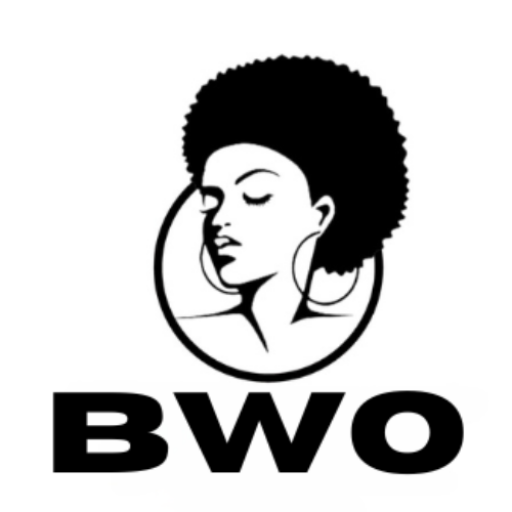
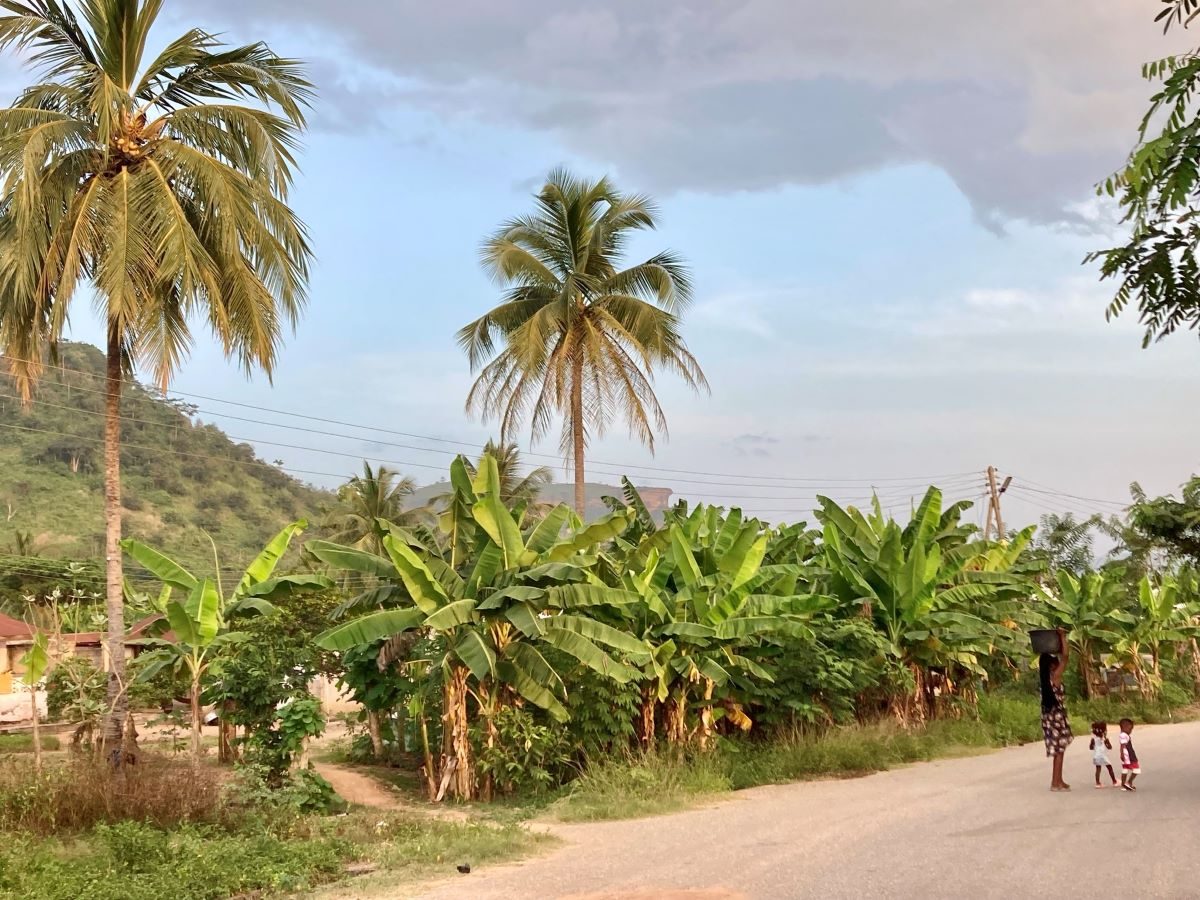

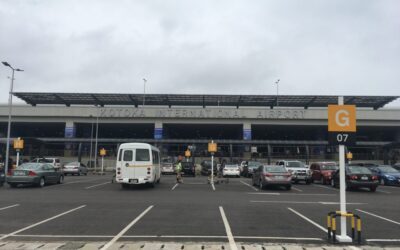
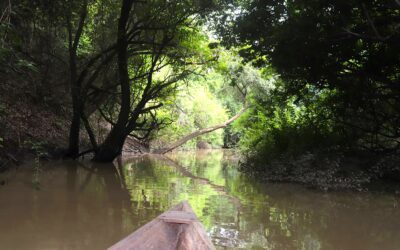
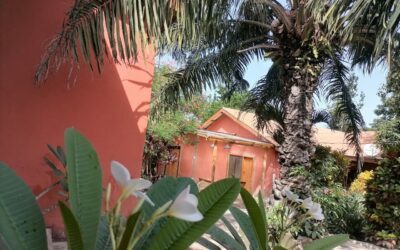
0 Comments